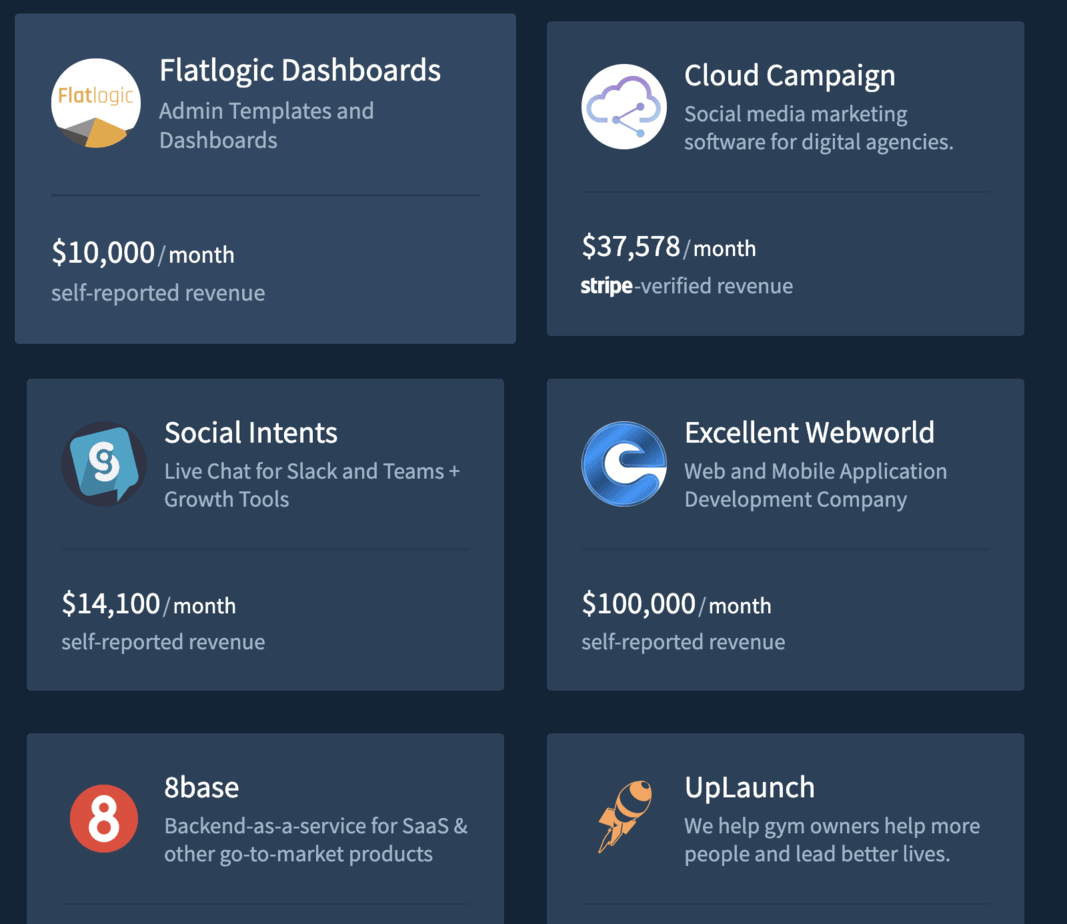Note: This post may contain affiliate links which means if you click on a link and purchase an item, we will receive an affiliate commission at no extra cost to you.
I’ve previously written about why college is a waste of time and money and I’ve also featured some of Isaac’s other thoughts about why college is no longer relevant.
Here’s a phenomenal speech from Isaac Morehouse, the Founder of Praxis and Crash about why college and the need for college credentials is dead. You can watch/listen to the speech or read the written version below. Enjoy!
The Written Speech:
College is dead. Most people just don’t know it yet. Those who do know it had tremendous first mover advantages. Some of them are sitting in the audience tonight.
Now to explain the depth of college, we first need to establish what college actually is. It’s different than what most people think. So let’s go way back in time. And actually, let’s move to the realm of fantasy, it’s more fun. There’s a sequence in this series Game of Thrones, where a character called The Hound, he’s not particularly nice character.
He comes across a young girl named Arya Stark, there’s no real spoilers here don’t worry. And he has every incentive to kill her, or ignore her, or return her to the people that she’s fleeing from, but instead, he does something interesting. He takes her under his wing, he protects her, he provides for her and he travels far across the land to a city he’s never been to, to deliver her safely to relatives who he’s never met. That was his plan anyway.
He thinks he’s going to get paid for this. Why? He can’t call them up and say hey I’ve got your relative here. How much will you give me if I bring her safely? He can’t even really prove that this is Arya Stark there were no faces on milk cartons, no amber alerts. But she had something really valuable. A family name, and he assumed that she wouldn’t lie about being a Stark because in those days, not just in the realm of fantasy.
There could be dire consequences for pretending to be part of an established family. He also assumed he was going to get paid if he brought her safely. Because if the Starks did not pay him, their family name would suffer. It would increase the risk to anyone else who’s part of that family. People would know the Starks are kind of fair game they don’t really take care of their own.
Conversely if they did, it would bolster the value and power of that family name, that signifier of someone’s trustworthiness and value. Let’s fast forward, 1950s, United States no longer in the realm of fantasy. You own a business, and you need to hire someone you own a business 1950s you’re really old but just play along with me. You’re hiring somebody, and they’re gonna have access to bank information they’re gonna be managing employees they’re gonna have access to expensive equipment that you use.
They tell you I’m smart, hard working I’m trustworthy. I know my stuff I know the equipment that you use, I understand the techniques and the processes in your company. How can you trust them this is a perfect stranger? Are you going to entrust them with all of these things this is a risky endeavor? So you look down at their resume and it says Harvard. And you say, alright, I’ll take a shot.
Why? Because Harvard, the college degree replaced the family name, the bloodline. As a centralized institution that had been around for many generations and had a reputation. You knew that Harvard had every incentive to maintain a certain reputation. You knew that the probability that this person was roughly as good as the average of Harvard’s reputation was pretty high. You could take a risk.
In the absence of better information, you couldn’t follow this applicant around and watch them interact with their friends and see their character and say oh they really are trustworthy. You couldn’t watch them read and study and prove that they really knew the ins and outs of running your business. If you were willing to take Harvard’s credential as something worth staking some risk on.
Now, that is the product. That is what colleges are selling and what students are buying the credential period, nothing else. Colleges are credential factories. It is not the knowledge and the lectures and the information gained in class. It is not the social network, or the experience or any of the other things that people wrap into the bundle those are great, those are bonuses, those are window dressing.
But that is not what’s being bought and sold. How do I know this with such confidence? Because people are paying tuition. You could move to a college town right now you could sit in on every class you want to for free you could join fraternities, go to football games.
You could have the whole bundle without ever registering or paying a dime. Nobody does that, because that’s not what they’re buying, they’re buying that credential that signals to me, and others, that they have some minimum standard of acceptability based on the reputation of the institution. Now that we know this college what it is this is credential. We can ask what killed it. And I can tell you what didn’t kill it. It’s not MOOCs, it’s not putting classes online or new technology for delivering information or lectures, because remember that’s not the product anyway.
Those don’t fundamentally threaten the status quo in higher education. Those don’t threaten the institutions that are selling these credentials. They’re great, don’t get me wrong more access to information is awesome. But it’s not a real disruption to higher education. You might think, okay, it’s not information online, I got it Isaac, it must be a better credential, a newer flashier more up to date credential.
Maybe that’s what I’m doing maybe Praxis is saying, trust the Praxis credential. It’s better than the college stamp of approval. You’re getting close, but it’s more radical still, it goes deeper, it’s a more fundamental challenge. Remember the credentials’ value only comes from the fact that nothing else is accessible.
If the cost of informing someone of who you are and your potential for value creation is too high, then that centralized credential, whether it’s a family name or a degree becomes valuable. It’s valuable only because nothing better is available. Guess what? Today, something better is available. For the first time in human history we live in an age where technology has brought the cost of information down to near zero.
Today you can do something that was never before possible. You don’t need any centralized institutions to confer credential, you can be your own credential. That is powerful. I graduated from this place I remember I had this epiphany myself sitting in class one day with all these, you know, young people were like hung over and mumbling, and I looked around, I thought, all I’m really buying is a piece of paper that says, I’m roughly as good as these people.
That’s a pretty weak signal it’s a pretty low bar, compare that to what you can now signal on your own. I can find out more googling you for two minutes, than I would have been able to find out a few generations ago hiring a private investigator. Your degree is worth less than your GitHub portfolio your LinkedIn profile, your social media pages, your personal website, your podcast, your Quora answers, your Amazon book reviews, your customer ratings on eBay.
Tangible evidence of projects you’ve created people you’ve worked with things you’ve done, you can build a body of work that demonstrates your value, and a digital footprint to prove it. The information we have at our fingertips is powerful. And it beats, anything you can buy you can build a better signal than anything you could buy from some cartelized bureaucratized centralized institution, they served a purpose once, but we have something better at our fingertips today. That’s what practice is about.
We don’t say trust the practice credential, we’re helping young people wake up to the fact that they can be their own credential. We’re helping them learn how to do it how to create projects how to build a body of work, how to signal it to the world and let them know who they are and their value creation potential.
We’re helping them awaken to the world that we already live in now this is not the future this is today you can build a better signal right now, today. So it’s fair to say that the internet killed college, but not because they put courses online, but because it made the centralized credential irrelevant and this new world of a decentralized individualized credential is pregnant with possibility the implications are staggering.
The only question is are you ready to take advantage of it? Thank you.









Leave a Reply
View Comments